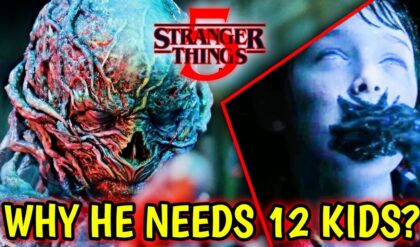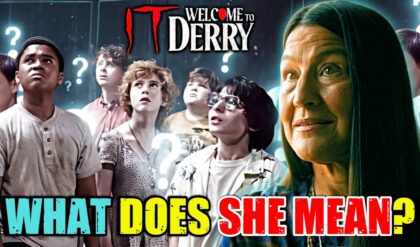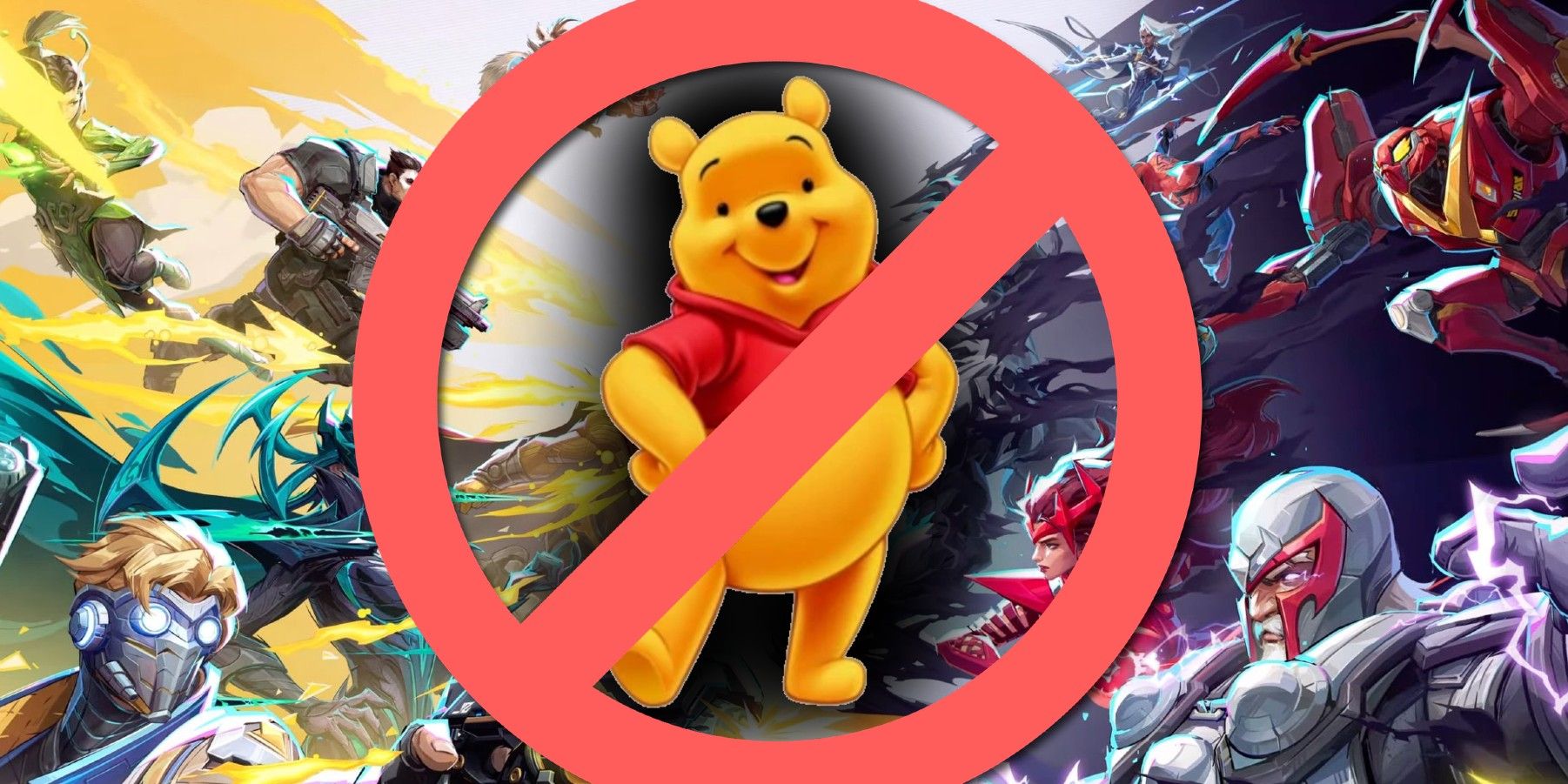
While these tools are important for any multiplayer game, having access to text and voice chats is almost always a breeding ground for toxicity. Many players use the in-game chats to yell at their fellow players for grievances like not healing enough or getting enough eliminations. Some players have made note of certain words being banned in the in-game text chat. Many of these words make sense, as they are offensive and can fester even more hate among players, but other censored words have players scratching their heads. One such phrase is “Winnie the Pooh,” Disney’s lovable, honey-eating yellow bear.
So, Why is “Winnie the Pooh” Banned in Marvel Rivals?
The Most Likely Answer is Winnie the Pooh’s Connection to the Chinese Government
When an online game decides to flag or censor a word in their game, it’s usually for a good reason. Many racial, sexist, or homophobic slurs may be censored due to offensive or inappropriate content. While many gamers argue that toxicity is just a part of player vs. player games, most game developers do their best to restrict in-game cruelty. If their chats don’t catch the offensive words, players can report one another for abusive language to bring attention to players who are causing problems for other players.
Franchise
Marvel
Developers
NetEase Games, Marvel Entertainment
Original Release Date
Dec. 5, 2024
Current Season
Season Zero
Next Season
Season One starts Jan. 10, 2025
OpenCritic Rating
Top Critic Average: 76%, Critics Recommended: 79%, Player Rating 80%
Other instances may seem a little more ridiculous. Sometimes, games will censor words associated with their competitors. Take Wuthering Waves, for example. Wuthering Waves (2024) is a free-to-play open-world action RPG and a gacha game similar to the incredibly popular Genshin Impact (2020). While both games are similar in formula, they are very different games. In an attempt to keep players from fighting about which game is “better,” Wuthering Waves has banned certain words associated with Genshin Impact.
For example, Wuthering Waves players can’t type the word “resin” into the in-game text chat. Resin refers to the accumulated energy that Genshin players need to complete certain activities. Wuthering Waves has a similar mechanic, but they call them “waveplates” instead. To keep the two games separated, the word “resin” has been completely banned from the game’s chat function.
“Winnie the Pooh” might seem like an extremely random word to ban from an in-game text chat, but Marvel Rivals isn’t the only gaming franchise that tip-toes around this Disney character. Kingdom Hearts 3 never introduced Winnie the Pooh into the game for the same reason that Marvel Rivals won’t let players talk about him. As it turns out, Winnie the Pooh is censored in a lot of Chinese media for his association with the Chinese leader, Xi Jinping. This association has grown significantly over the last ten years, so much so, that Winnie the Pooh has become a sensitive topic in China.
NetEase Games, the developer behind Marvel Rivals, is a Chinese company, so it makes sense that their censorship would cater to the Chinese government. If a player attempts to type “Winnie the Pooh” into Marvel Rival’s text chat, they’ll receive a message that says, “Text contains inappropriate content.”
Winnie the Pooh’s Connection to Xi Jinping, Explained
It Started in 2013 But Has Grown Into Something Much Bigger
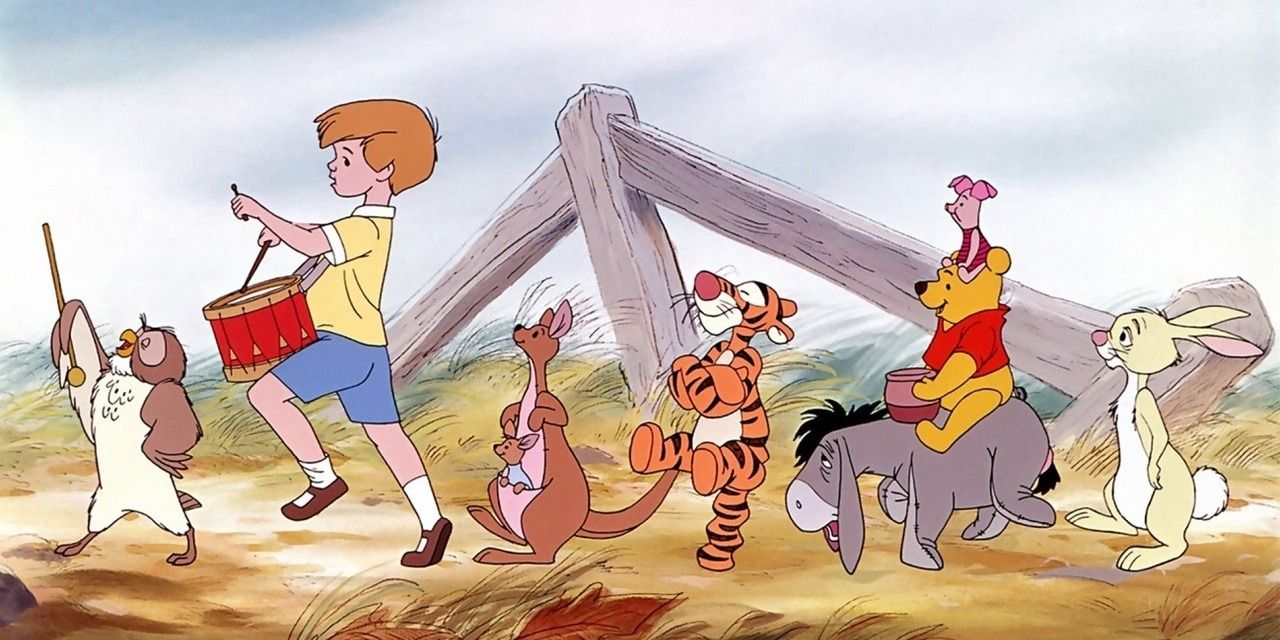
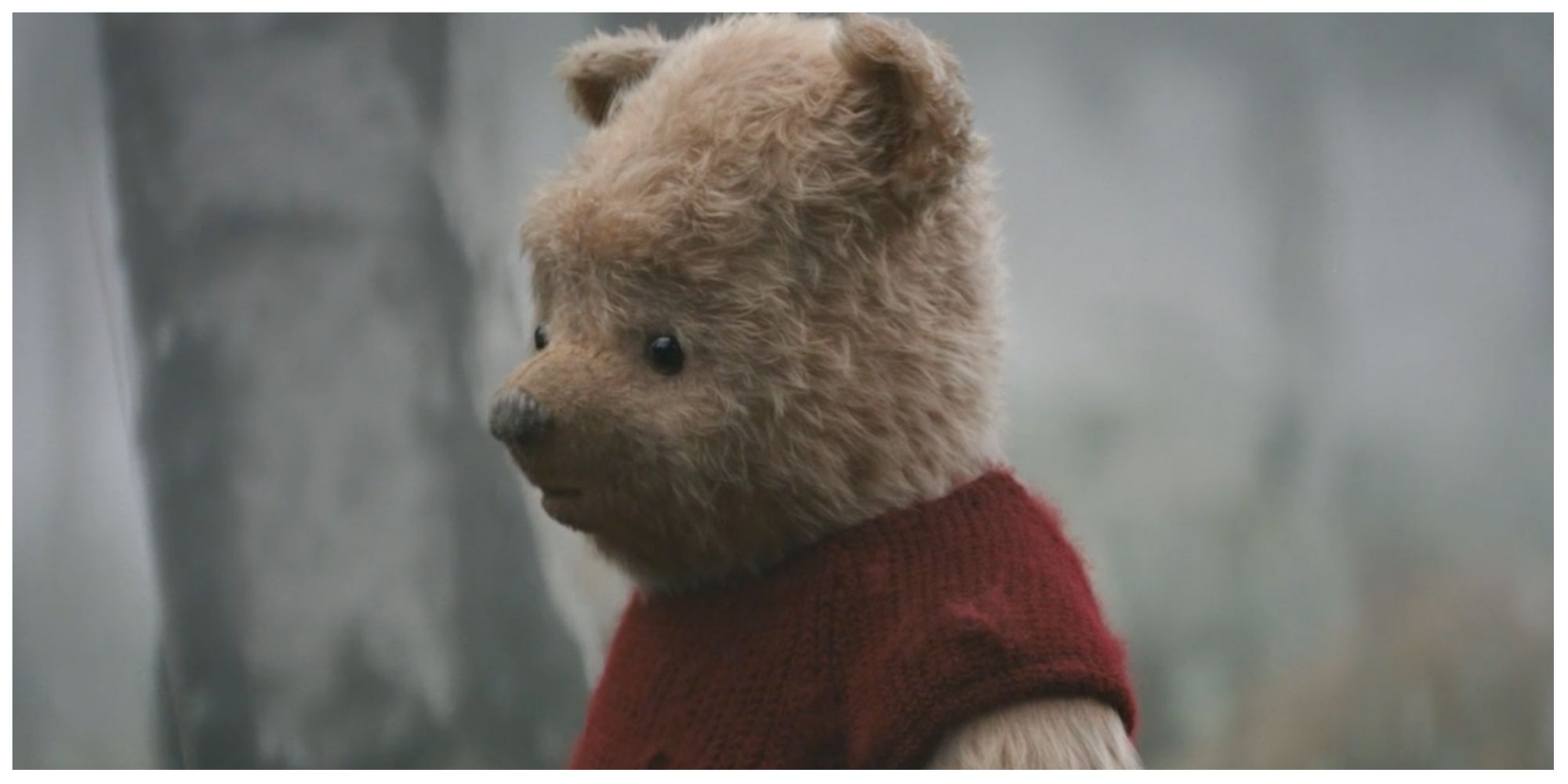
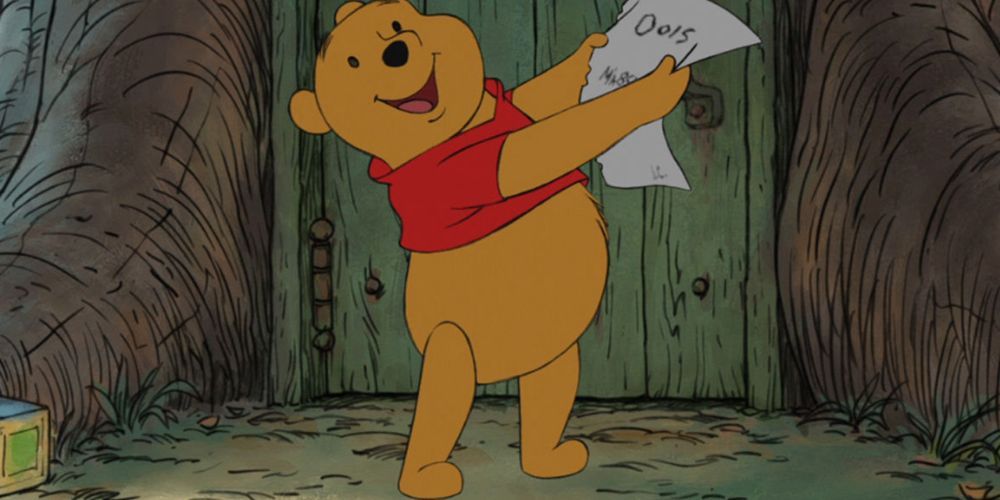
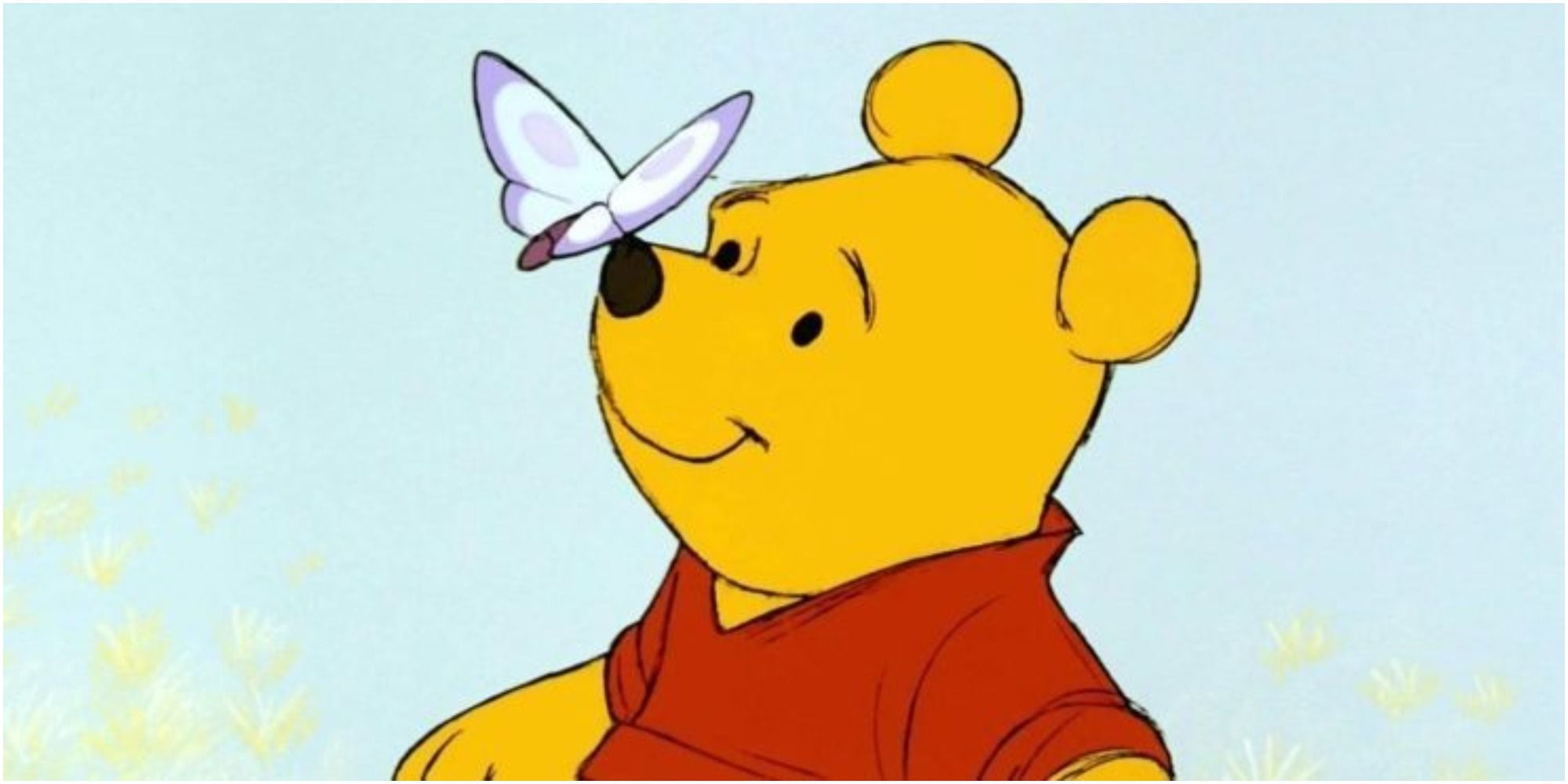




In 2013, the General Secretary of the Chinese Communist Party, Xi Jinping, made a trip to the United States to visit then-president Barack Obama. An image of the two leaders walking side-by-side began circulating around the internet, and with it, came the comparisons. Straight away, people started comparing the image of Xi Jinping and Barack Obama to Winnie the Pooh walking side-by-side with his best friend, Tigger.
Soon enough, this humorous comparison started spreading across the internet. Not only did real photos circulate with captions and commentary attached to them, but internet users, as they always do, started making memes. At first, it started off as something entirely harmless. The comparisons were just supposed to be funny, but they quickly morphed into something more. Images of Xi Jinping as Winnie the Pooh cropped up at record speed. For Chinese citizens who opposed Xi Jinping’s rule over China, the comparison to Winnie the Pooh became something of a rebellion.
Xi Jinping and the Chinese government found the comparisons immensely offensive. Xi Jinping carries himself as a serious individual and Winnie the Pooh is anything but. Winnie the Pooh is an adorable, chubby, lazy, and carefree teddy bear. Children love Winnie the Pooh, but the comparisons between Winnie the Pooh and Xi Jinping became more than just a meme. Many people who opposed his rule used these memes as a means of protesting.
As a result, Winnie the Pooh, particularly Disney’s iteration of the character, has been heavily censored in China. This shouldn’t come as much of a surprise. China’s censorship has been a point of contention for many years. Some Winnie the Pooh-related things are not restricted in China. Books and toys flew under censorship’s radar, and Shanghai Disneyland still has a couple of Pooh-themed rides. For the most part, though, all images of Winnie the Pooh have been banned in China.
Other Examples of Winnie the Pooh Being Banned in China:
Christopher Robin (2018) – This live-action film starring Ewan McGregor as Christopher Robin was banned in China.
South Park – China banned the series after Season 23, Episode 2 – “Band in China” allegedly made a reference to Xi Jinping’s resemblance to Winnie the Pooh.
Devotion (2019) – A Taiwanese video game that had an Easter egg of the comparison hidden in the game.
Winnie the Pooh: Blood and Honey (2023) – A horror movie based on Winnie the Pooh.


